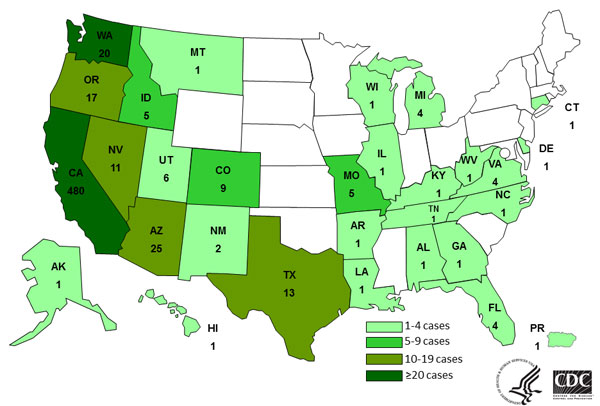Canada officials cite GSK flu vaccine plant
Canada's only flu vaccine plant, owned by London-based GSK, must respond within 30 days to unspecified problems identified by Health Canada inspectors at the Quebec City facility, according to a Canadian Press report yesterday.
Health Canada requested a plan and timeline for resolving the issues noted in the inspection report, which it presented to GSK on Jul 3.
"We have 30 days to review and respond to the findings noted in their report and we are committed to doing so by August 4, 2014," Michelle Smolenaars Hunter, communications manager for GSK Canada, said in an e-mail.
Although the specific problems at the plant were not revealed, some related to infractions raised by the US Food and Drug Administration (FDA) in a warning letter last month, the story said. Health Canada is writing a summary report of its findings and will release specifics when the report is completed.
The agency said the plant's problems don't pose an immediate risk to the public.
Jul 6 Canadian Press story
Jun 24 CIDRAP News scan on FDA warning letter
Study notes neurologic conditions in kids hospitalized with flu
About 15% of children hospitalized for influenza in Canada over five flu seasons had neurologic conditions, according to a study in The Pediatric Infectious Disease Journal.
The researchers analyzed data obtained by the Canadian Immunization Monitoring Program, Active (IMPACT) from 12 Canadian pediatric referral centers over five influenza seasons.
They found that of 1,991 children hospitalized for flu, 293 (14.7%) had neurologic or neurodevelopmental conditions (NNCs). Of those children, 114 did not have airway compromise or another indication for flu vaccination.
The authors conclude, "The burden of influenza infection in children with NNC, even those whose conditions do not obviously compromise respiratory function, is significant. All children with NNC should be recognized as having a high risk of complicated influenza infection and be targeted to receive influenza immunization."
July Ped Infect Dis J abstract











